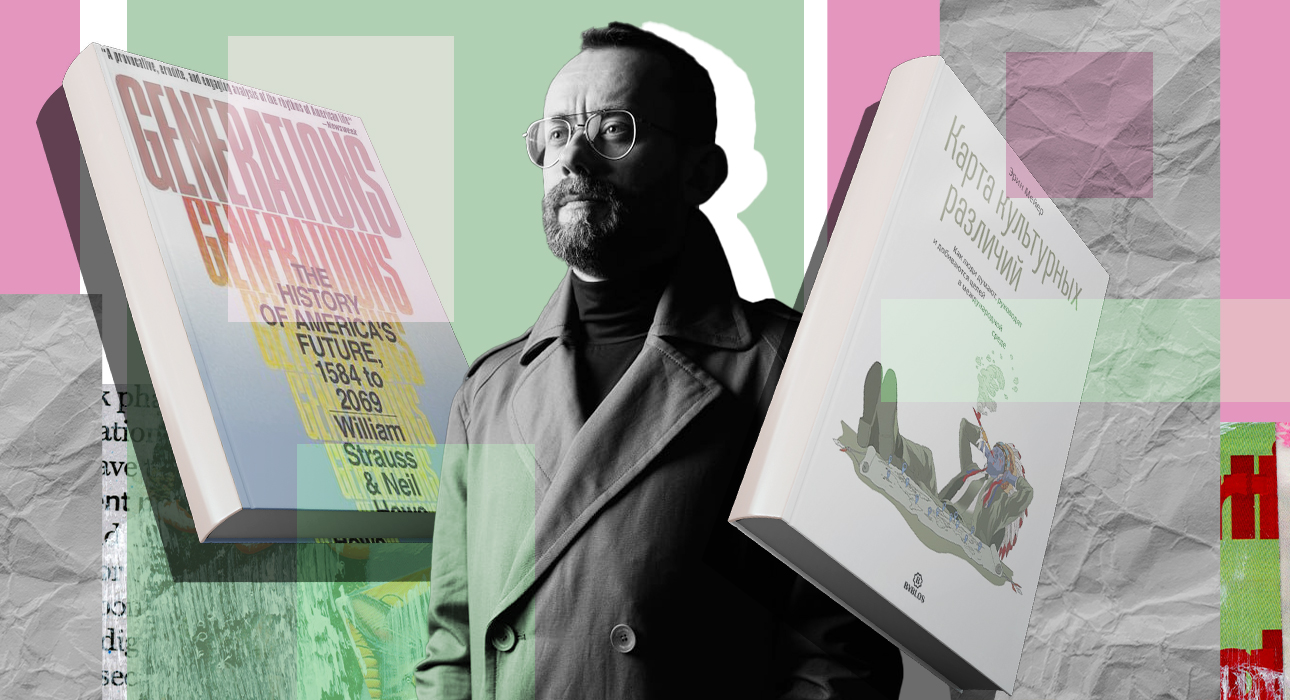Questions about what to watch or what to read can be asked, it seems, endlessly and more than once – after all, any good work, be it a book, movie or TV series, unfortunately, sooner or later ends and leaves. Its audience or reader is in the throes of new searches. But there is some good news, too.
To make your task easier, every week we ask our columnist Konstantin Obraztsov – writer, author of “Red Chains”, “Hammer of the Witches” and other books, as well as creator of the “Sample Reading” program on Rutube and the “Obraztsov” channel on Telegram – to share his collection of the world’s best literature and TV series with diamonds.
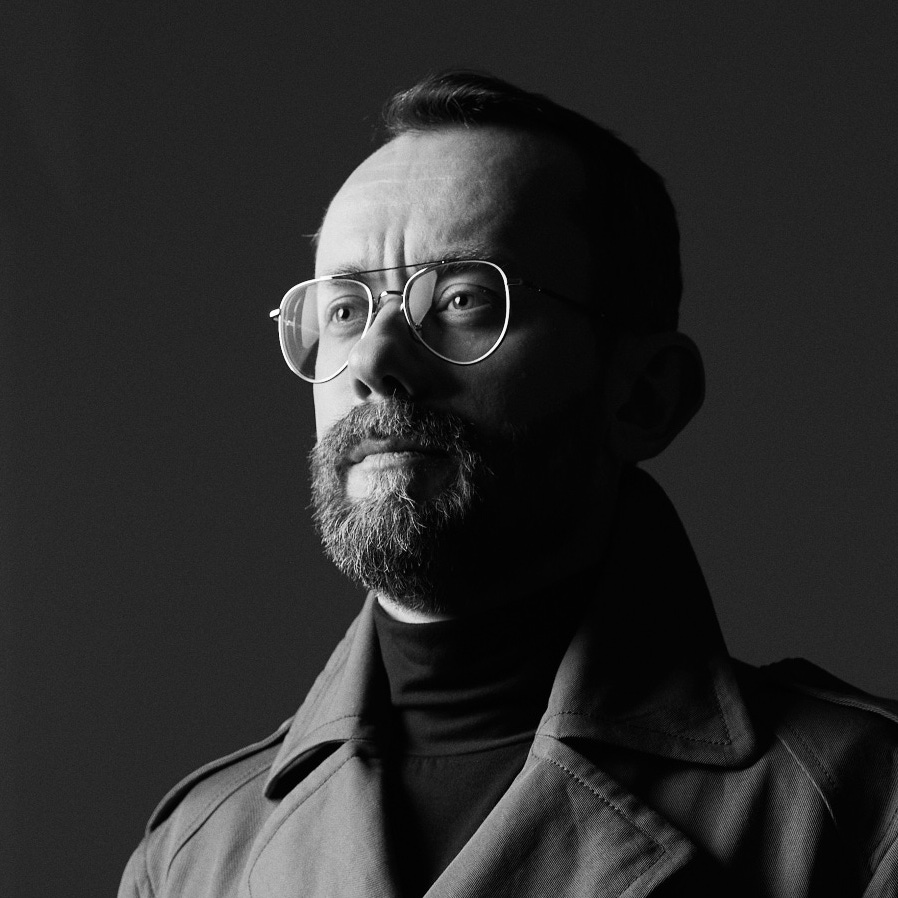
Konstantin Obraztsov
Today’s agenda includes the 5 most enjoyable business books that will expand your horizons.
Reading business literature is rarely exciting. Educational – yes, practically useful – sure, but almost as interesting as works of art or popular non-fiction – no. Usually everyone chooses to read in their field of expertise: marketers read about marketing strategies, financiers read about Cash Flow and P&L management, IT professionals… I don’t know, probably about programming, and all together they periodically read books about seven or eight skills that will help you. It allows you to create campaigns more effectively, create promotions, increase capitalization or write programs in Python.
If you don’t lie to yourself, everything becomes very depressing.
Today’s selection includes five business books that will fascinate you no less than adventure novels, open you to newer and more interesting things than your usual science fiction, motivate you and help you “go beyond the box” more than the same acquaintance suddenly became a coach and on all social networks and messengers filled with stories. There is no sales technology or recipe for success: These books are for everyone, even if you don’t work for a commercial company, work as a teacher or soil scientist, sell hats at the market or do nail care at home.
Reed Hastings, Erin Meyer, “No Rules”
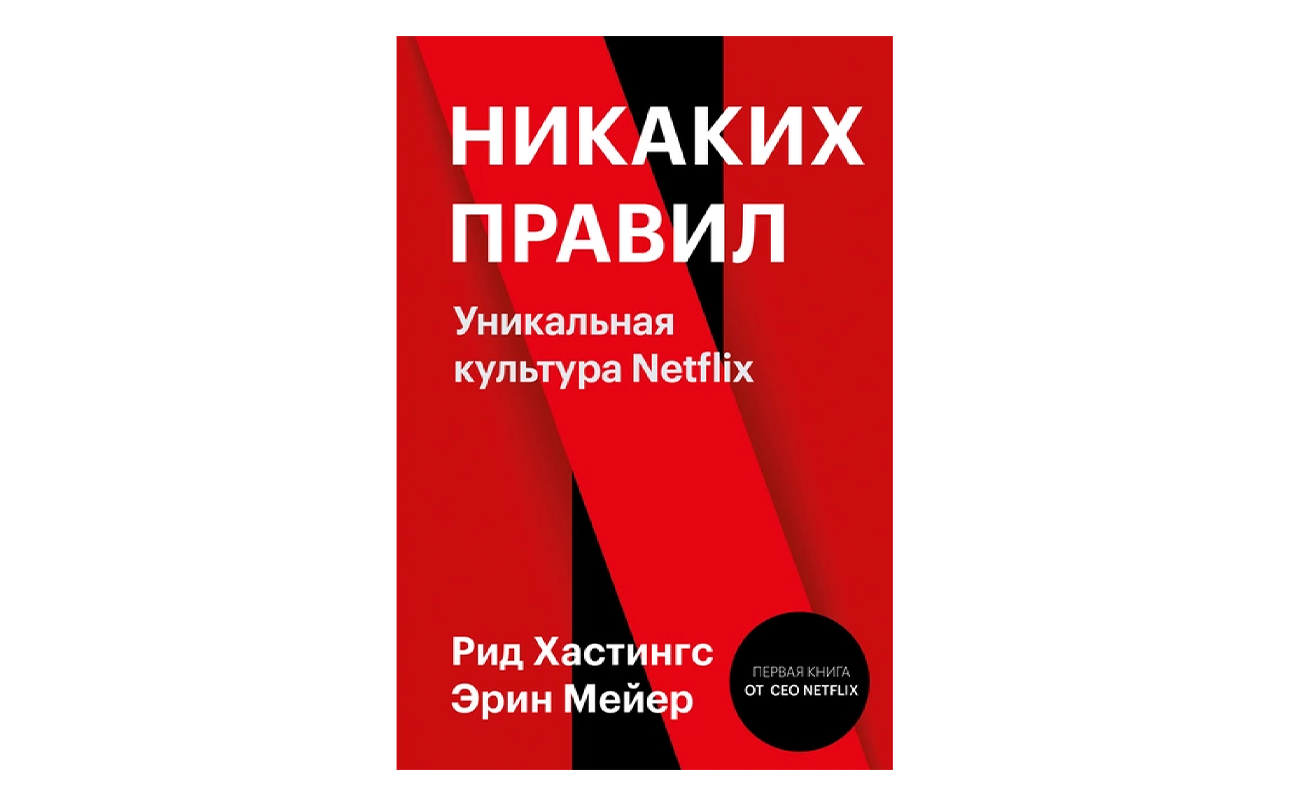
In the 16th century, François Rabelais described an ideal utopian society called the “Abbey of Theleme”. Stunningly beautiful and educated men and women spent their time there in art, reading, music, sports, and more, guided by one rule: “DO WHAT YOU WANT.”
Almost five hundred years later, Reed Hastings, founder and CEO of the famous Netflix, formulated the basic principle of his company’s corporate culture even more succinctly: “THERE ARE NO RULES.” How this works not in a fantasy utopia, but in one of the most commercially successful companies in the world, is explained in the book “No Rules: Netflix’s Unique Culture”.
There is no exaggeration in the title. If you’re a Netflix employee, there’s no need to rush to put your badge or finger into the scanner in the morning; You determine the start and end time of your workday. You don’t need to write a service letter to stay and work at home. You don’t need to coordinate the dates of your holiday; Go when you see fit. For business trips, you choose the airline ticket class, hotel and travel allowance of any amount, which the company pays without question, and you do not need to coordinate your decisions within the rules. your competencies and area of responsibility with your boss.
“We don’t have a dress code but no one came to work naked“, says Reed Hastings, and this also rhymes with Rabelais, who argued that educated, mature and reasonable people do not need an overseer with a stick. Yes, there have been cases of abuse of trust in the company from time to time. But the damage to the business resulting from additions and corporate theft much less the demotivation of a qualified employee whose daily reports, dozens of confirmations on any given issue, and constant demands from the accounting department to provide some kind of “closure” discourage any desire to take the initiative.
But freedom always requires responsibility. If you show great results and achieve the goals you set, you won’t be able to do anything for days. “Netflix isn’t a family, it’s a team of champions“- Reed Hastings warns honestly, and if you suddenly stop being such a champion, you will be fired faster than you read this text.
Erin Meyer, Mapping Cultural Differences
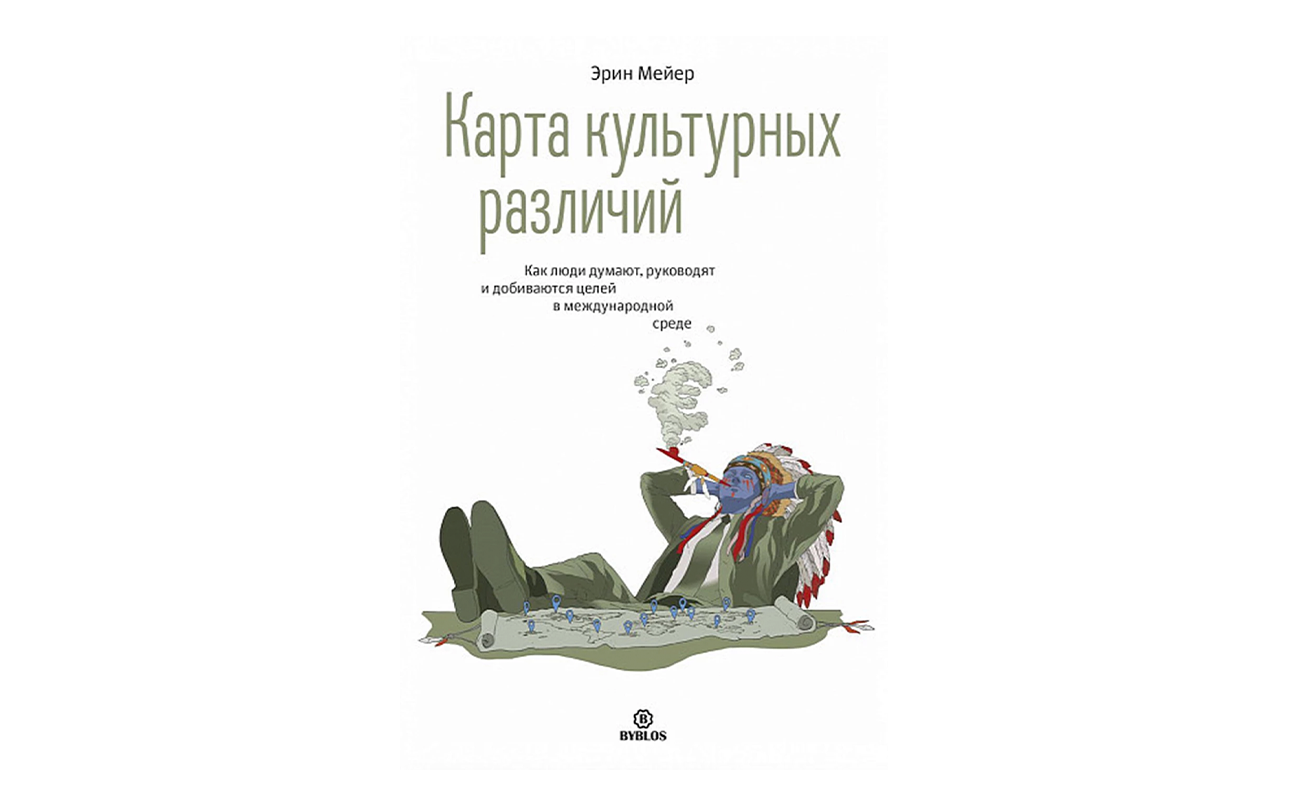
Nowadays, we often hear expressions like “”.European values“, “western mentality” Or something like that. This is, to put it mildly, a very bold generalization. Anyone who has had to meet with representatives of different countries will find that a traditional Italian has as much common mentality as a traditional Norwegian with a traditional Norwegian, a humanoid from the Bootes star system with an alien from the Coma Berenices region And a German and a Chinese are further away from each other in terms of communication principles and values than the inhabitants of different galaxies.
Erin Meyer is one of the world’s most sought-after business consultants, professor of management practices at INSEAD, and co-author of “No Rules”: Interviewed by Reed Hastings and his team.
The Cultural Difference Map is based on extensive personal experience in providing advice on national characteristics of doing business and is initially aimed at senior managers with headquarters in other countries or entrepreneurs operating worldwide. The result was a fascinating tour of different countries; tells about the peculiarities of traditions and the nuances of business etiquette; A fascinating collection of stories, sometimes very funny and intriguing, about how cultural differences affect mutual understanding.
What should an ideal leader be like for the Chinese? How did a Dane become the head of a branch in Russia and what came of it? Why couldn’t the Italians work with the Swedes? How can we understand the Japanese correctly if they don’t say anything?
“The Map…” is a must-read book not only for international workers or travel freaks, but also for anyone interested in interpersonal communication problems. For example, you will learn what the high and low context of communication are, how to combine them with each other, and what to do if your partner prefers to express himself with metaphors and meaningful clues rather than mouthing words. in stories.
Frédéric Laloux, “Discovering the Organizations of the Future”
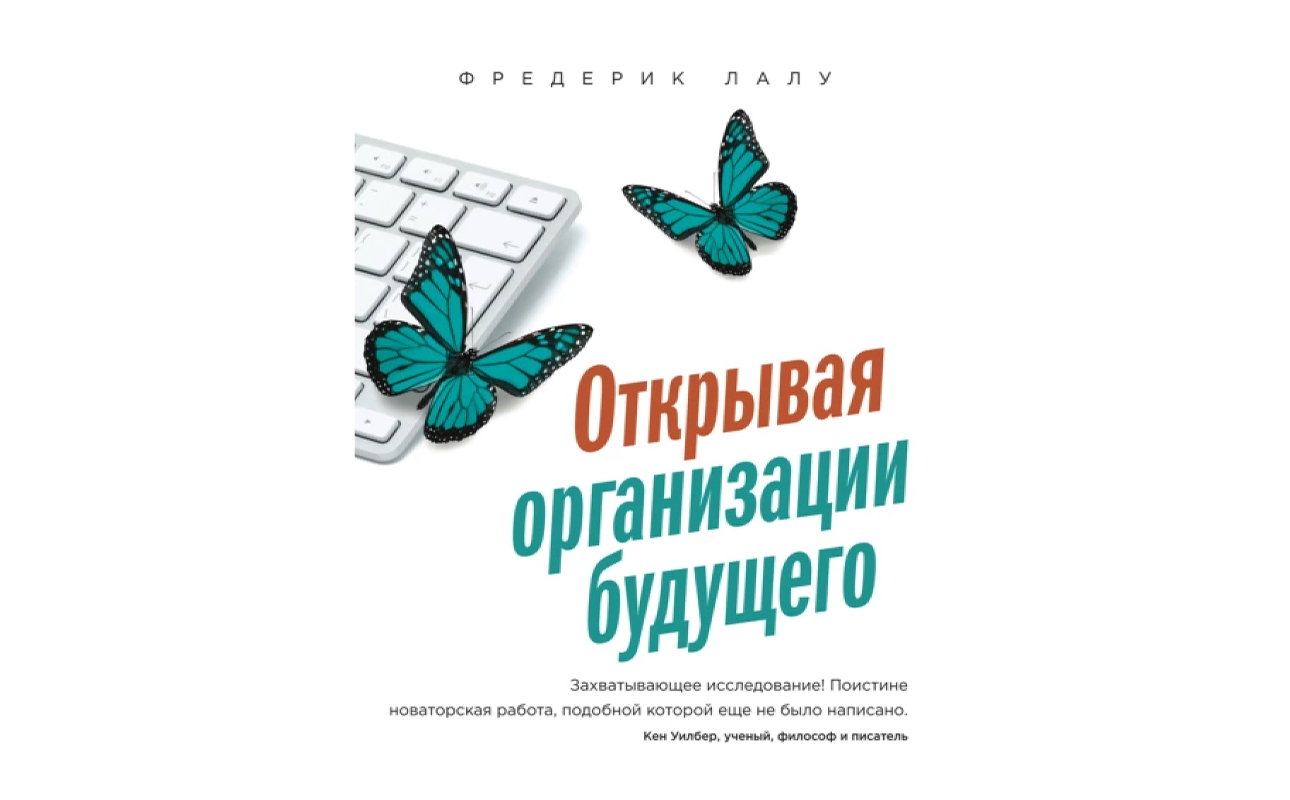
If you’ve been working in business for more than a decade, you’ve probably heard of the concepts of “turquoise organizations” or “turquoise management.” As a rule, this was said ironically: from the corporate reality dominated by an authoritarian style, multi-level hierarchy and rigid bureaucracy, all this “turquoise” seemed to be some kind of hipster fantasy suitable only for design agencies and barbers.
Unlocking the Organizations of the Future is good news for those who believe that people can be led by more than the roar of a boss, and that trust and freedom help people perform better than rigid controls.
Frederic Laloux literally discovered organizations working on new management principles: he was a consultant at McKinsey, traveled a lot, worked with different companies and described the same “turquoise” principles in his book. The main ones are trust versus control, people versus regulations, love versus fear. Actually, it sounds a bit idealistic, but the “turquoise” organizations in Lalu’s book include large industrial enterprises, successful trading companies and medical companies. The story of how the new foundry manager abolishes time control at the checkpoint and gives workers the right to set their own schedules is more interesting than many action-packed novels.
Unlocking the Organizations of the Future is such an inspiring read, but everything has a price. In a traditional company, an authoritarian manager will most likely publicly yell at an employee who failed on a project and fine him, but he doesn’t need to fire him immediately once he gets into that situation: he’s been working for us for a long time, four kids, a mortgage. In the “turquoise” system, the team in such a situation will tell the offending colleague “it’s time to take action” with all emotion and good humor. , will wish good health to all four of his children. As a farewell gift they will give you a mug with their logo.
William Strauss, Neil Howe, “The Fourth Metamorphosis” and other books
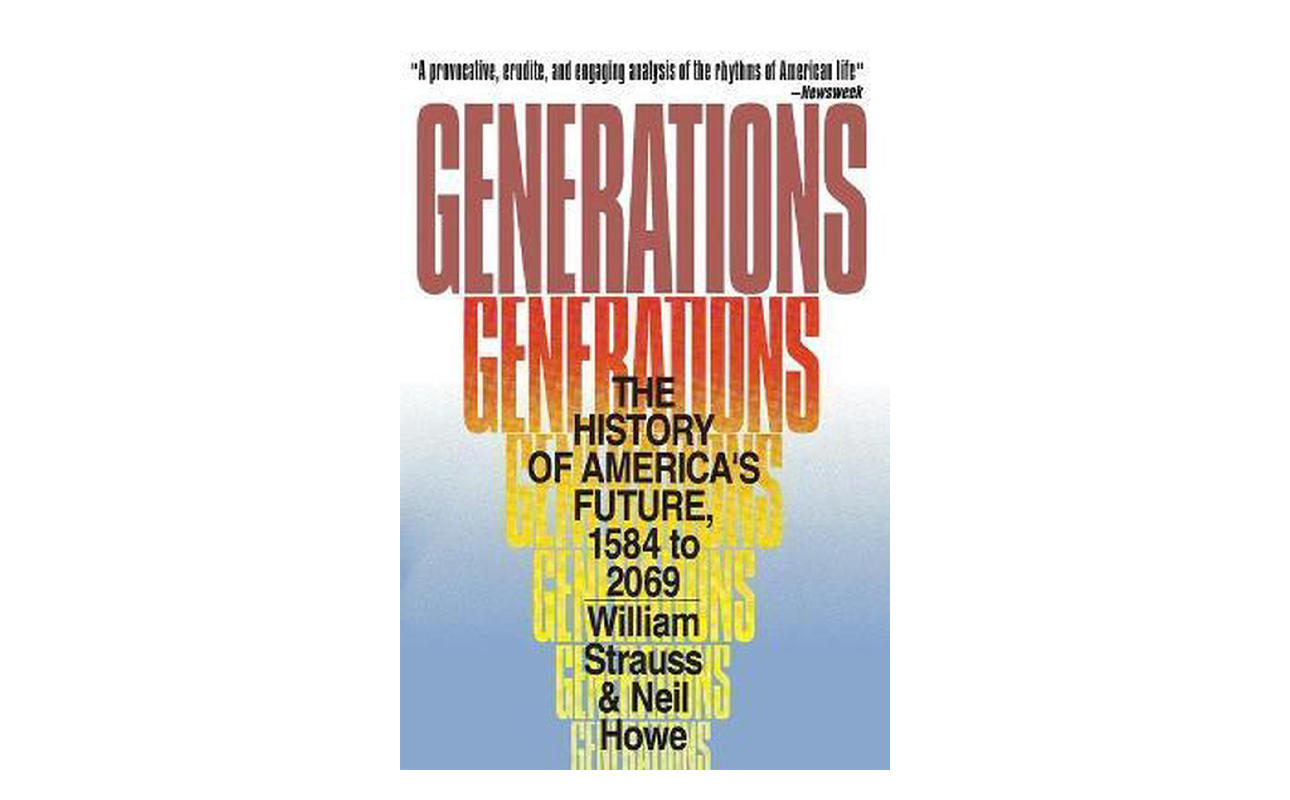
Who will you be in life?
Here I am, for example, X. I’m guessing that you, my dear reader or dear reader, are most likely a zoom expert or a millennial. Or are you an actor? Or maybe you’re even a boomer who’s getting younger and reading PeopleTalk?
Today we habitually use these definitions for different generations. It all started in 1991, when author and political scientist William Strauss, along with historian and business consultant Neil Howe, published their first book, Generations: A History of America’s Future. Based on the history of the United States, they analyzed patterns of intergenerational change, their characteristics, and their connection with public life. It turned out that the theory derived from these observations was valid not only for the United States, and the book became a world bestseller and the theory of generations became one of the generally accepted sociological concepts.
The Fourth Transformation was published in 1997 and is considered a classic in generation theory. This is a truly epic saga, a true “Silmarillion” in sociology: four successive periods – Rise, Awakening, Decline and Crisis, bring to life generations of Travelers, Prophets, Heroes and Artists.
These are all a bit more complex than the previous three books in our selection, but if you’re familiar with sociology and like reading about archetypes and such, The Fourth Generation will definitely interest you. I could not find Russian works by Strauss and Howe on paper, but electronic translations are not difficult to find. Moreover, it is worth it: calling yourself a Traveler or a Hero is more interesting than calling yourself some kind of closer.
For example, I am a Prophet.
David Graeber, “Bullshit”
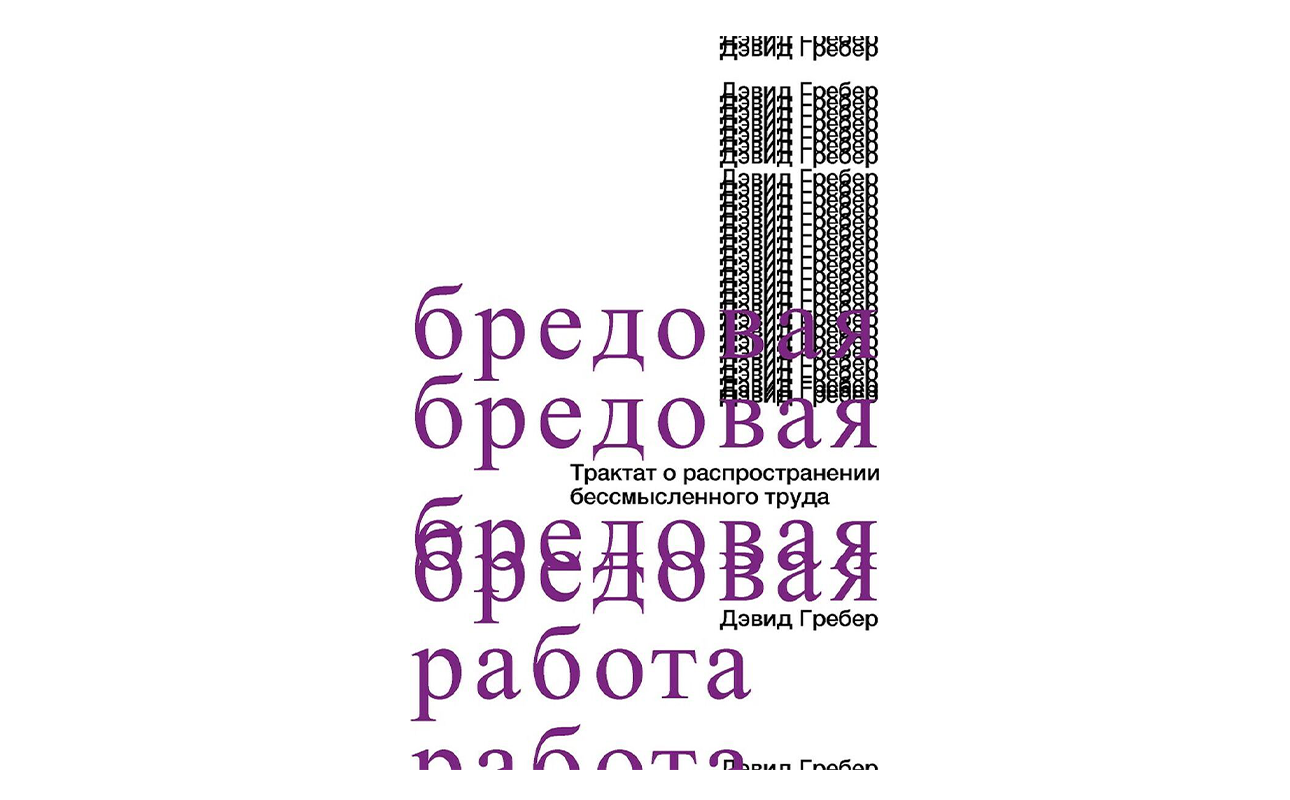
What are you doing here?
Of course, if you are a doctor, a teacher, a rescuer or a subway driver, a builder or a massage therapist, the answer to this question is obvious and there is nothing to think about. The value of the work you do is obvious. Even if you are a blogger, artist, or unfortunately writer, you can also see the usefulness and meaningfulness of your work itself.
But what are you doing here – beige curtains, a trio of corporate calendars on the walls, cabinets with printers with several open stacks of papers under them, plastic document trays on the table and thick folders with holes in the spine. Are you standing on the shelves of your closet? How meaningful is your work? How often do you or your colleagues say: “What kind of nonsense are we doing?!
David Graeber is a legendary figure: rebel, anarchist, one of the leaders of Occupy Wall Street, philosopher, anthropologist, professor at the London School of Economics. The book “Bullshit” grew out of a short essay of the same name that Graeber published in 2013, which went viral around the world. Graeber analyzes what he calls “nonsense work”: it gives no pleasure to the person who does it, it does not provide any benefit to society, and it can easily be done without it. Bullshit jobs are there for people to work: drawing presentations that no one needs, writing reports that no one reads, going to meetings to listen to reports that interest no one, and hypnotizing Excel spreadsheets where nothing is clear.
Graeber writes very lively and lively, his book is really funny at times, full of life stories. It also makes us think about what we spend most of our lives on, how normal it is to measure the week with the approach of Friday and then meet Monday in a state close to depression.
If you do not hesitate to answer the question of what you do at work and you like the answer, the book will entertain you and present many funny moments.
And if not, then perhaps it will help you make that decision that you have been putting off for a long time.
Source: People Talk
Errol Villanueva is an author and lifestyle journalist who writes for The Fashion Vibes. With a passion for exploring the latest trends in fashion, food, travel, and wellness, Errol’s articles are a must-read for anyone interested in living a stylish and fulfilling life.

